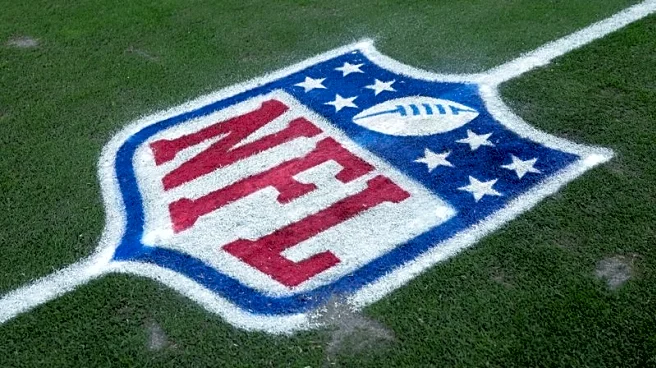What's Happening?
Jerry Greenfield, co-founder of Ben & Jerry’s, has resigned from the ice cream company he helped establish in 1978. The decision comes amid ongoing disputes with the brand's parent company, Unilever, over the ability to address social and political issues. Greenfield expressed that Unilever has stifled the brand's independence, which was a key component of their merger agreement in 2000. This agreement was supposed to allow Ben & Jerry’s to maintain its social mission and values. Tensions have been high since 2021 when Ben & Jerry’s ceased sales in occupied Palestinian territories, leading to backlash and a legal battle with Unilever. Greenfield's resignation highlights the ongoing struggle between maintaining the brand's activist roots and the corporate interests of Unilever.
Why It's Important?
Greenfield's departure underscores the challenges faced by companies with strong social missions when acquired by larger corporations. The conflict between Ben & Jerry’s and Unilever highlights the difficulties in balancing corporate governance with social activism. This situation could impact how other socially conscious brands negotiate future mergers and acquisitions, potentially influencing corporate policies on social issues. The outcome of this dispute may also affect consumer perceptions and loyalty, as Ben & Jerry’s has been known for its commitment to social justice, which is a significant part of its brand identity.
What's Next?
The resignation may lead to further discussions between Ben & Jerry’s and Unilever regarding the brand's autonomy in social advocacy. There could be increased pressure from consumers and advocacy groups for Unilever to honor the original merger terms. Additionally, the situation might prompt other companies to reassess their strategies in maintaining brand identity post-acquisition. The ongoing legal battles and public statements from both parties will likely continue to shape the narrative and influence public opinion.










